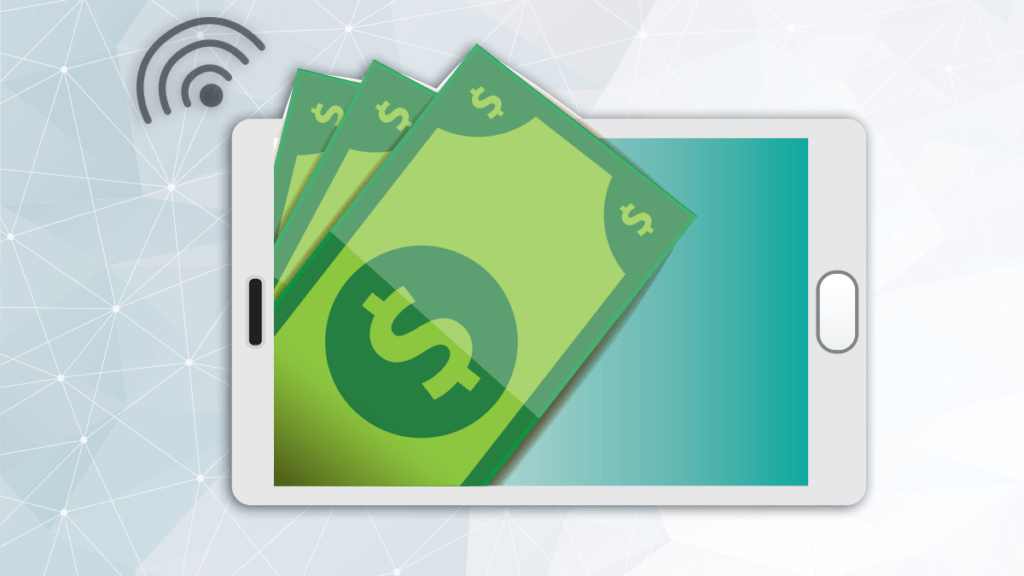
In the recent years, money and our perception of it, has evolved significantly. The rapid advancements in technology has influenced and diversified the form and nature of money used for exchange purposes: from coins to paper to bank-accounts to e-wallets and cryptocurrency, money no longer has a single, identifiable image. Based on how fast the digital world is growing, it seems the prospect of a cashless society is getting ever-closer.
Digitalization has no doubt, changed the way monetary systems work, which has caused the inherent structure to change fundamentally. High-income countries are rapidly reducing the importance of cash. According to reports, the decline in the relative importance of cash to cashless, is partly driven by the convenience and efficiency advantages offered by electronic payment methods in conjunction with mobile devices.
But can we really cope and thrive in a cashless society? Will a transition of this nature hinder or facilitate growth? Big tech companies are in ardent support of the transition and are confident that society will move away from cash in the not-so-distant future.
Some countries are able to adapt to the transition because they have the infrastructure and resources in place to do so, whilst LMICs (Low- to Medium-Income Countries) are made up of populations that cannot keep up with the rapid advancements of digitalization. People living in a country or a remote part of that country where the internet connectivity is poor or unavailable, will be left behind, unable to access or participate in online payment or cash exchange activities.
Reports in the past, have mentioned that those living in Higher-Income countries but who are poor, in debt, or disabled, will also suffer if cash transitions to a fully digital form. By creating a completely cashless society, are we essentially isolating and discriminating those who are unable to access the digital world? People with physical ailments or mental illness may also have difficulty using fin tech services. Such pressures to conform may exacerbate the current state of a person’s well-being, if the shift does not identify and accommodate all consumer needs.
Many restaurants and cafes around the world have been experimenting with cash-free systems, whereby only cards are accepted. Whilst queuing to pay for your lunch or coffee, some establishments may turn you away for only having paper money with no card alternative. Already such outlets around the world have received mixed feeling; not everyone is ready to accept the ‘credit card only approach’, which implies that more must be done to make people comfortable, not threatened, by the transition.
A cashless society is attainable, but at this point in time, we are still not ready to make that shift. The implications of a cashless society mean that measures must be put in place to protect growing data, digital money exchange and purchases – stepping-up security measures to prevent cyber-attacks. But will traditional money, understood by all as the medium of exchange, ever be removed altogether from a world that regards paper money a symbol, as well as a token for value and trade. We shall have to wait and see.